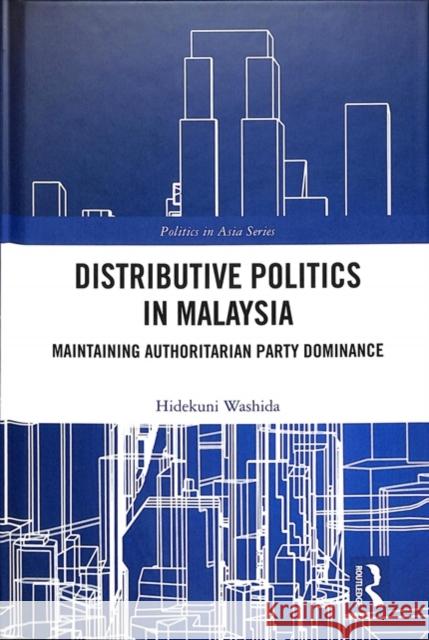Distributive Politics in Malaysia: Maintaining Authoritarian Party Dominance » książka
Distributive Politics in Malaysia: Maintaining Authoritarian Party Dominance
ISBN-13: 9781138634510 / Angielski / Twarda / 2018 / 230 str.
Distributive Politics in Malaysia: Maintaining Authoritarian Party Dominance
ISBN-13: 9781138634510 / Angielski / Twarda / 2018 / 230 str.
(netto: 674,98 VAT: 5%)
Najniższa cena z 30 dni: 654,86
ok. 22 dni roboczych.
Darmowa dostawa!
This book provides a systematic analysis of the fragile dominance of the ruling Barisan Nasional (BN) coalition in Malaysia. The BN coalition has attracted attention as a key example of an authoritarian dominant party regime that has successfully maintained its own stability. Its sustained dominance is surprising because it has survived a large number of competitive elections and with smaller electoral margins than have many other comparable regimes. It has done so, Washida argues, without relying on the significant restriction of political competition or abundant natural resources. Instead, as he demonstrates in this book, the distribution of resources has been central to the BN's long-term dominance. Washida challenges the conventional arguments that the punitive threat to exclude opposition supporters from distributive benefits is sufficient to ensure the loyalty of both the electorate and legislators. He also calls into question whether the mere existence of party organization in and of itself enables leaders to credibly commit to power-sharing. Instead he posits a theory of perverse agency, in which a party leader needs to make elites effectively mobilize masses. The insights drawn from the Malaysian case thus help to bridge the theoretical gap between electoral and coalitional politics.











